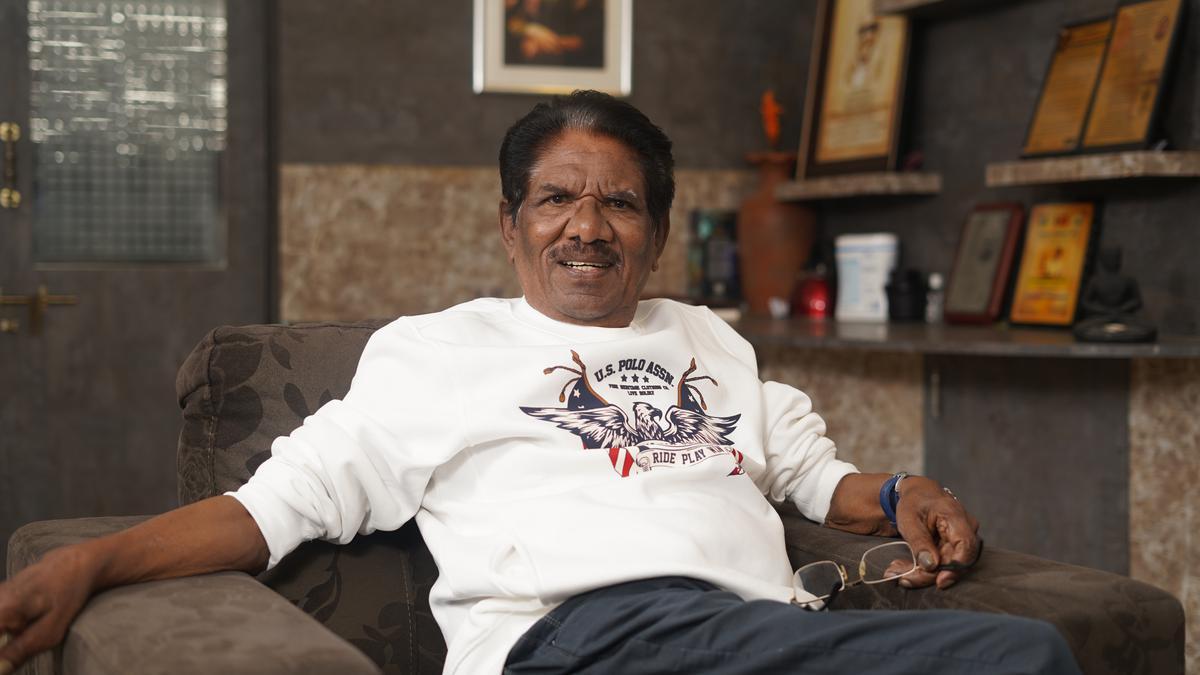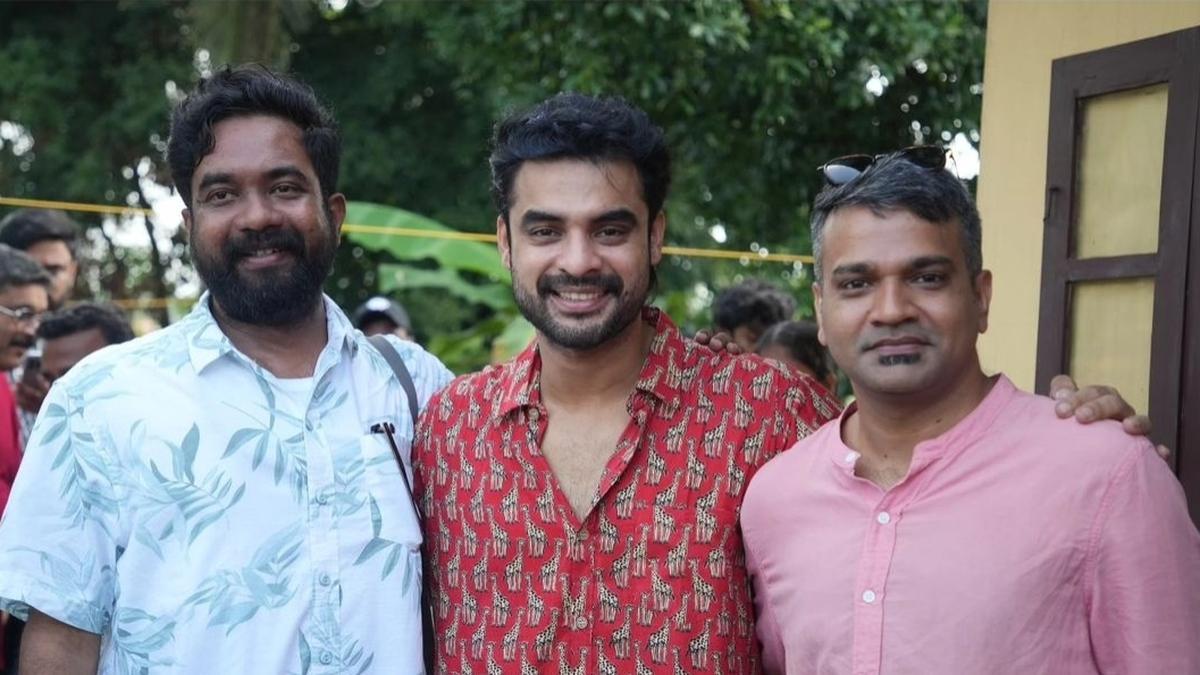
The revered Tamil cinema industry figure P. Bharathiraja recently reached out to the Union Ministry of Information and Broadcasting with a stern recommendation. Writing as the head of the Tamil Film Active Producers Association (TFAPA), he urged the Central Board of Film Certification (CBFC) not to include individuals with political ties in its advisory committees. This February correspondence shines a light on the need for impartiality in the filmmaking realm.
In the detailed letter, accessed by The Hindu, Bharathiraja makes a strong case for neutrality, emphasizing that to keep the board’s objectivity intact, members of both examining and revising panels should have no direct or indirect political affiliations. He argues such connections introduce a bias that can skew the certification process.
Bharathiraja does not simply highlight the problem but also offers a solution. He proposes that board members should be exemplary figures, recognized for their contributions in film, literature, arts, or any related domain. The idea is to keep the focus away from businesspeople or those involved in politics who might not approach film certification with the artistic sensitivity needed.
In addition to addressing panel composition, the veteran filmmaker addresses procedural aspects in his letter. He raises concerns over a suggestion in the draft Cinematograph (Certification) Rules, 2024, that would bar applicants from being present during the censor board’s screening process. Bharathiraja foresees such a move as harmful, potentially disrupting the essence of film certification. He maintains that filmmakers should retain their ability to interact with board members post-screening to discuss any necessary amendments.
The TFAPA correspondence is comprehensive, also taking issue with the idea of a fast-tracked film certification program. This proposal aims to expedite the certification process to just three working days, but Bharathiraja argues that the existing setup is efficient, with regional CBFC offices normally finishing their evaluations within a week. He reasons that if a priority scheme is to be put in place, it should be reasonably priced at twice the regular fee, not threefold.
Mr. Bharathiraja’s letter also touches upon the topic of films that are dubbed into multiple languages. He calls for a streamlined process that would not require filmmakers to separately submit each dubbed version for certification which can delay the release process.
In the world of film production, where artistic expression and bureaucratic procedure often intersect, Bharathiraja’s letter sheds light on the importance of maintaining a balance between efficient governance and the creative freedom. By lobbying for the exclusion of political figures on advisory committees, he aims to protect the artistry that is central to the film industry.
The push for change by Bharathiraja and the TFAPA illustrates the ongoing dialogue between the Indian film community and governmental regulatory bodies. Ensuring impartiality in film certification is not just about complying with administrative protocol; it’s about safeguarding the cultural integrity of cinema.
As Bharathiraja’s letter circulates within the Ministry, the industry awaits a response. The dialogue beckons a thoughtful consideration of how film certification processes might be optimized without compromising on the crucial element of unbiased judgment. The letter stands as a testament to an industry’s quest for fair practice—a call that resonates with filmmakers and cinephiles alike.










